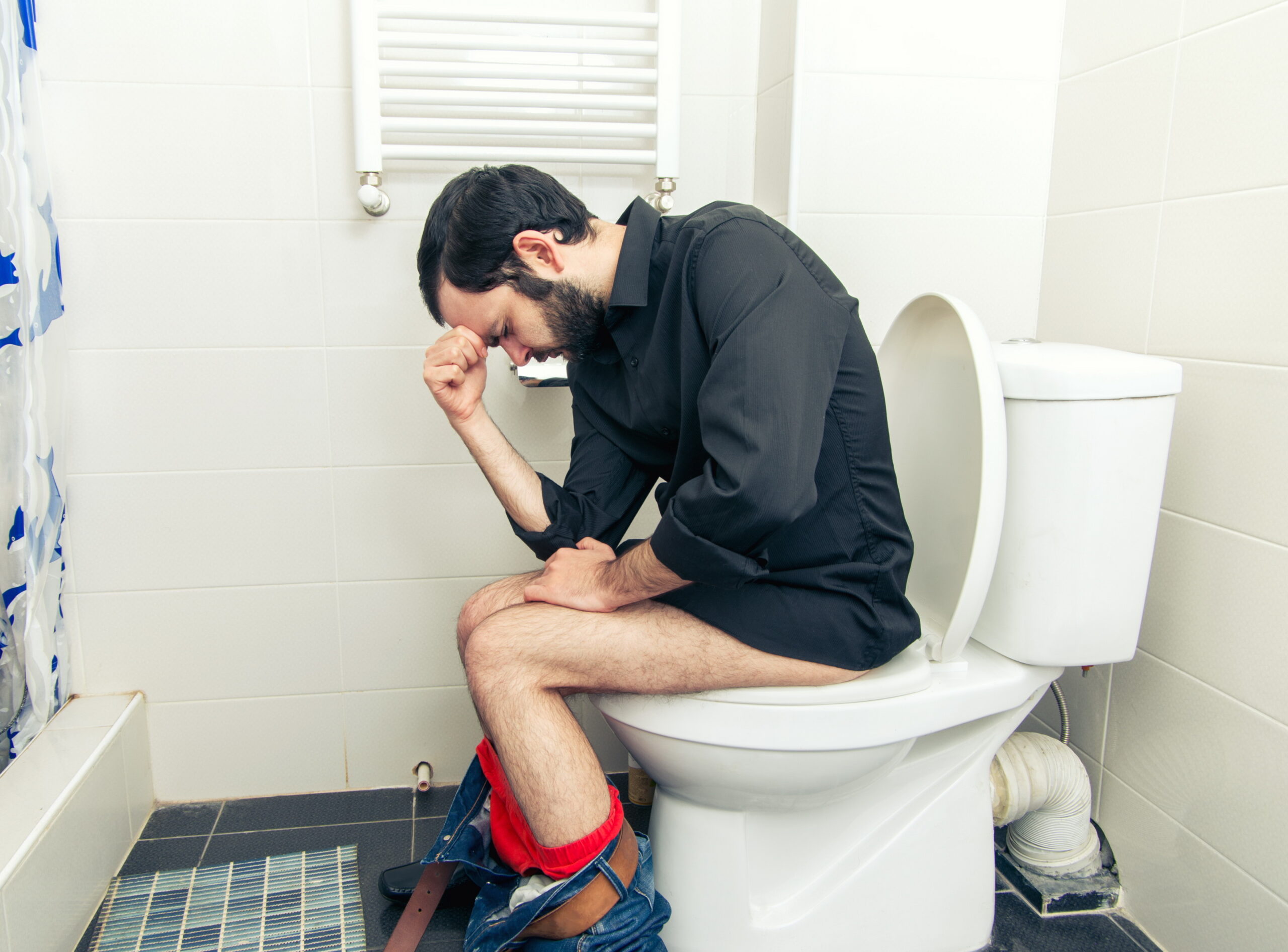Introduction
Constipation is a common problem that affects many people. It means having fewer bowel movements than usual or having hard, dry stools. Often, constipation can make you feel uncomfortable or bloated. In fact, it is one of the most frequent reasons people visit doctors for digestive health concerns. While most cases are mild, constipation can sometimes signal a bigger issue. Understanding the causes of constipation can help you manage your bowel movements and improve your overall health. According to experts in gastroenterology, knowing what leads to constipation is the first step toward relief.
What is Constipation?
Constipation happens when you have trouble passing stools or do not go as often as you should. Usually, people should have at least three bowel movements each week. However, some people may go less often. When stools are hard, dry, or painful to pass, it is called constipation. Sometimes, you may also feel like you have not fully emptied your bowels. Although it is common, constipation can affect your quality of life if not managed well.
Common Causes of Constipation
Many things can lead to constipation. Let’s look at the most common causes:
Because many factors can cause constipation, it is important to look at your daily habits and health.
When to Seek Medical Advice
Most cases of constipation are mild and go away with simple changes. However, sometimes it can be a sign of a more serious problem. You should see a doctor if you:
In these cases, a gastroenterologist can help find the cause and suggest the right treatment. Early advice can prevent problems from getting worse.
Tips for Prevention and Healthy Bowel Habits
Thankfully, you can do many things to prevent constipation and keep your bowels healthy. Here are some helpful tips:
By making these small changes, you can improve your digestive health and reduce your risk of constipation.
Conclusion
Constipation is a common issue, but you can often manage it with healthy habits. If you notice ongoing problems or any warning signs, consult a gastroenterologist for personalized advice. Your digestive health matters, so do not ignore changes in your bowel movements.
Sources: Centers for Disease Control and Prevention (CDC), World Health Organization (WHO), National Institutes of Health (NIH)
